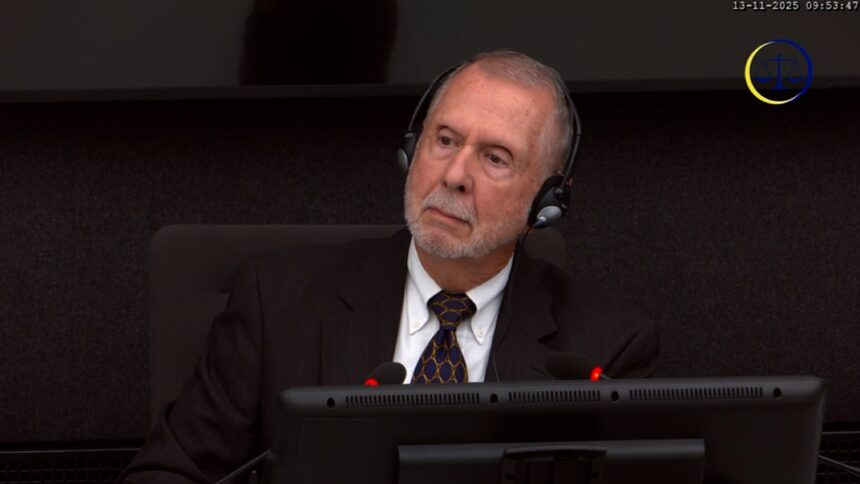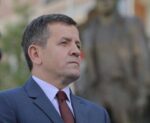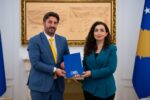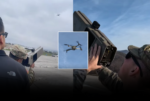Michael Durkee, former advisor to U.S. General Wesley Clark, continued his testimony on Thursday before the Kosovo Specialist Chambers in The Hague, addressing the post-war period in Kosovo.
Durkee appeared before the court for the first time on Wednesday afternoon and returned on Thursday to provide additional insights on the situation in Kosovo after the conflict.
He described the conditions faced by Kosovar Albanians returning to their homes following displacement by Serbian forces during the harsh winter of 1998–1999. Many found their villages and towns destroyed, with friends, neighbors, and family missing. Durkee said the returnees often reacted with anger and a desire for revenge, feeling betrayed by those they had grown up alongside.
“The perception of UNMIK and KFOR, and my own observation, was that returning refugees saw their homes and property destroyed, friends and neighbors gone. Many reacted with anger and a desire for revenge, feeling betrayed by people they grew up with,” Durkee testified.
Durkee also addressed the role of traditional Albanian customs, particularly the Kanun, in shaping post-war reactions. He explained that the Kanun emphasizes personal and family honor, and that historically, families felt obligated to take revenge if a member was attacked, sometimes extending over multiple generations.
He further clarified that some criminal organizations operating in Kosovo predated the war and that post-war violence was not always directly linked to the conflict itself.
On the structure of the KLA, Durkee stated that the organization did not have a consolidated chain of command.
“Commanders of operational zones had considerable autonomy and acted independently when they deemed it appropriate. There was no consolidated command chain as understood in Western armies,” he said.
Regarding former KLA leader and Kosovo President Hashim Thaçi, Durkee said:
“Thaçi did not have the authority or competence to stop the violence at that time. The KLA was still in the process of transitioning and demilitarizing, coordinating with KFOR and General Jackson. Local actors organized independently, and there was no overarching command to halt the violence.”
Durkee emphasized that Thaçi and other KLA leaders were focused on achieving Kosovo’s independence, rather than directly controlling post-war local conflicts.







